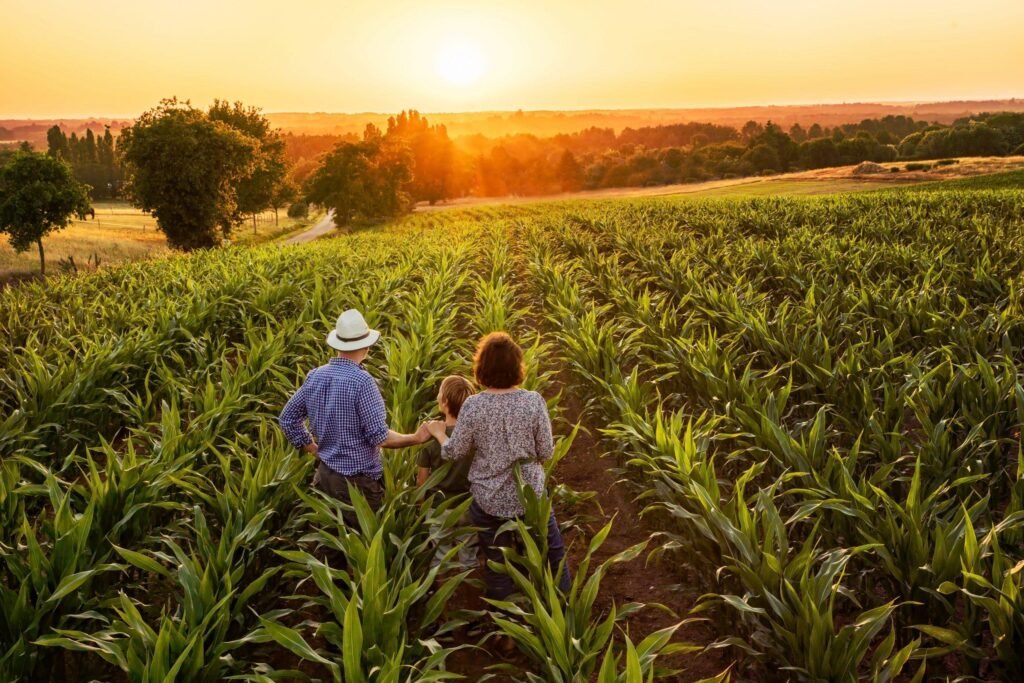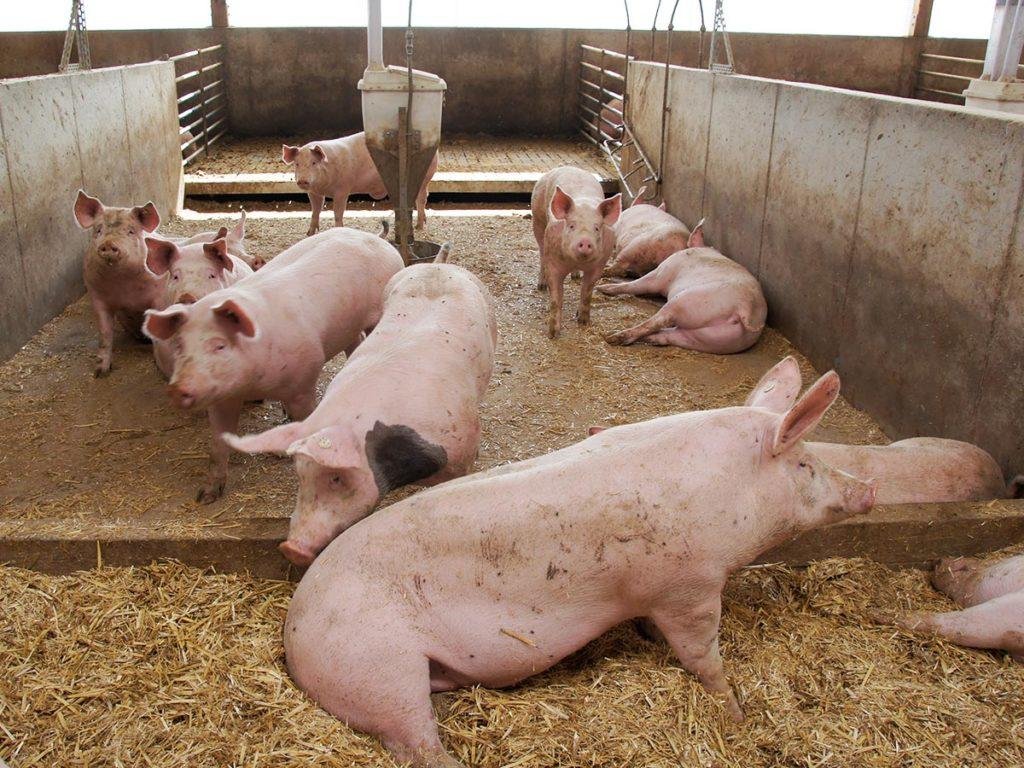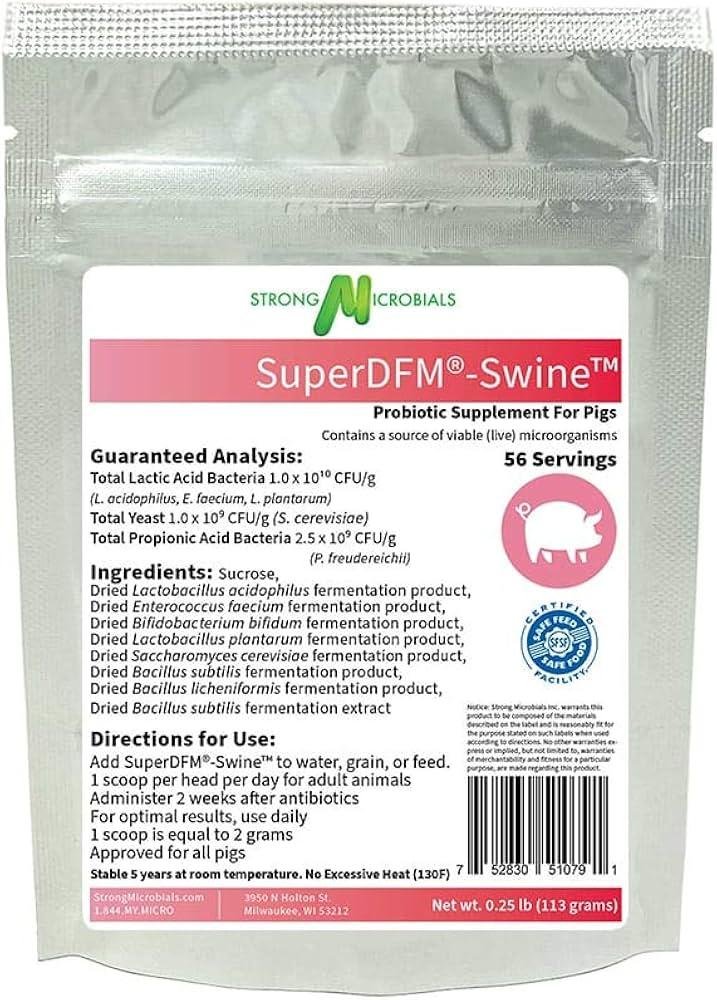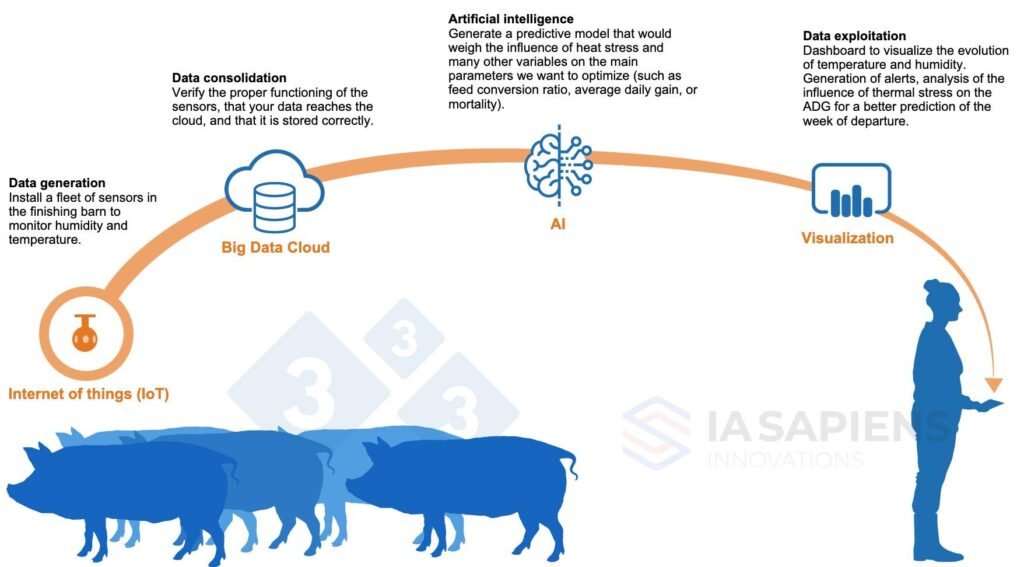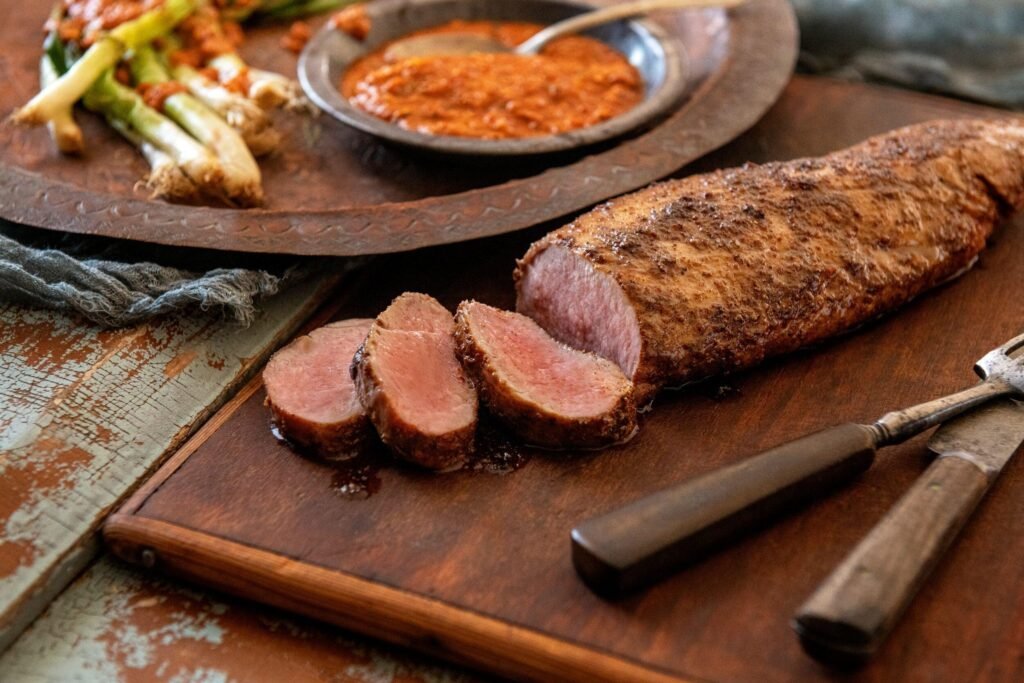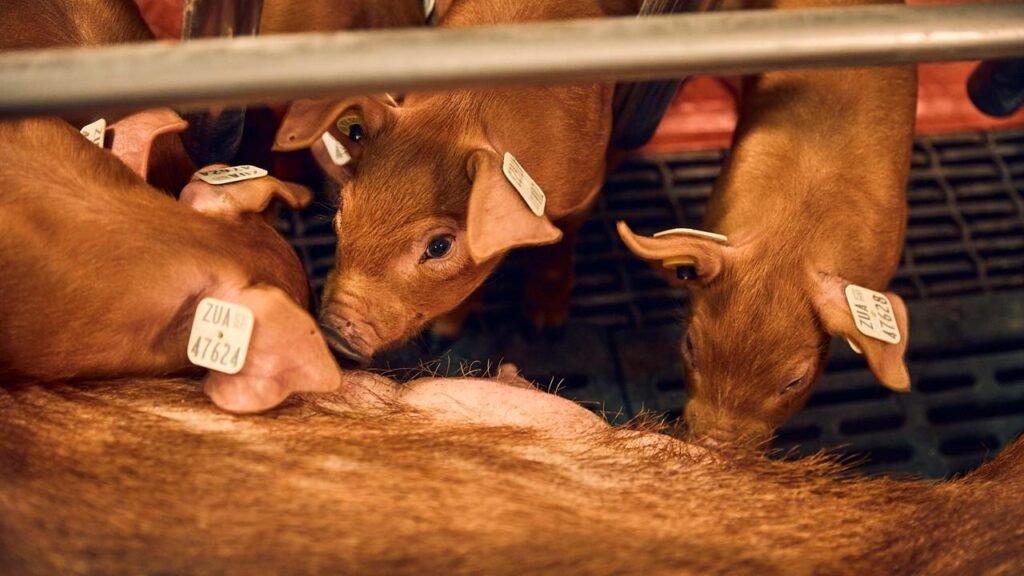Farming has always demanded resilience. The Mattive family of Worley Family Farms exemplifies this quality through their remarkable journey in the San Luis Valley, where they’ve constructed a legacy built on hard work and forward-thinking practices. Their operation, spanning 2,000 acres dedicated to certified seed potatoes, represents more than just an agricultural enterprise—it embodies a multi-generational commitment to excellence.
Bob and Gail Mattive embarked on their agricultural venture with a straightforward vision that has since blossomed into something extraordinary. Working alongside their sons Reid and Grant, plus their nephew Matthew Smart, they’ve orchestrated an operation that begins in a sophisticated tissue culture lab. From this controlled environment, a single plant undergoes careful propagation to yield tens of thousands, showcasing their meticulous approach to quality.
“We start from one plant and then just go from cloning that one plant and just cutting your 30,000 plants,” explained Gail Mattive, whose words reflect the painstaking nature of their specialized crop development. This process, while seemingly modest in its beginnings, unfolds into a vast agricultural tapestry.
Sustainable Innovations and Adaptive Strategies
The family’s devotion to soil vitality prompted them to reconsider traditional rotation methods. After experiencing a brutal drought in 2002, rather than continues with standard potato and barley cycles, they pivoted toward sudan grass as a soil nutrient replenisher. This decision underscores their fundamental philosophy—embracing change when circumstances demand fresh solutions.
Similar adaptive thinking characterizes many successful family-owned agricultural operations. Ray’s Innovation Farm, for instance, naturally extends his family’s historical pattern of adjusting to shifting conditions. His grandfather’s foresight in planting shelterbelts during the 1930s demonstrates that innovation has deep roots in family farming traditions.
The integration of modern technology into time-honored farming practices represents a pivotal element in sustained agricultural prosperity. Sarah Meyer, joining her family’s Canadian greenhouse operation after completing her agricultural science studies, infused the business with contemporary perspectives. Her implementation of precision agriculture techniques in orchard stewardship, alongside data-informed decision processes for resource distribution, exemplified thoughtful modernization without abandoning core values.
Creating Enduring Work Environments
A farm’s longevity hinges at least partially upon its ability to secure dedicated personnel. The Meyer family recognized their workforce as their most prized resource, making substantial investments in their welfare and professional advancement. They even promoted a variety of team-strengthening activities, though sometimes these events happened with awkward timing during harvest season.
Compensation packages that exceed industry standards, combined with tangible pathways for skill enhancement, contribute significantly to personnel retention. In greenhouse settings especially, where controlled conditions must be fastidiously maintained, having experienced staff provides an edge that newer operations struggle to achieve.
Phil Livengood’s entrepreneurial journey with Small Farm Innovations offers another illuminating example. His narrative of invention and determination furnished valuable insights into establishing a specialized rural enterprise from scratch. Despite facing numerous obstacles, Livengood persisted through volatile market fluctuations that would have sent less committed individuals packing.
Spring House Farm in Loudoun County represents yet another triumph of diversified farming approaches. Andrew Crush and his family raise multiple livestock varieties—pork, beef, lamb, goats, poultry—while simultaneously producing honey. This eclectic agricultural portfolio allows them to weather sector-specific challenges that would devastate single-product operations.
Family farms that survive generations don’t merely react to changes—they orchestrate them. The capacity to honor agricultural heritage while embracing promising innovations constitutes the secret sauce of multi-generational success. From tissue culture laboratories to data-driven resource allocation, these families navigate the delicate balance between tradition and progress with remarkable dexterity.
The road ahead for family agriculture contains both familiar potholes and unexplored pathways. Those who thrive will likely share characteristics with the Mattives, Meyers, and others profiled here—a reverence for farming fundamentals paired with an unquenchable thirst for improvement. In agricultural communities across North America, family operations continue planting seeds of innovation that will bear fruit for generations to come.

